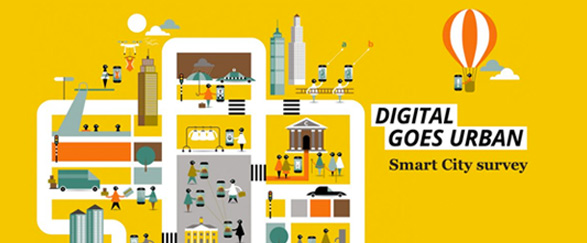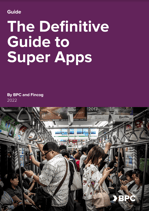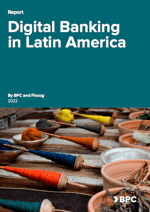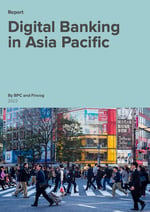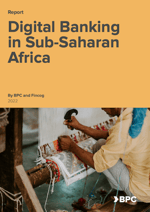The concept of smart cities, built on ICT enabled and data driven policy making, has been around for many years but never before the pace of the change has been as high as today.
Technological progress, cost reduction and a desire for cities to improve the quality of life in their area has sparked an unprecedented wave of smart city initiatives globally. Simultaneously, we have seen equally rapid advances in the payments industry, where trust and security are as important as they are in government driven programs. This has taught us some valuable lessons on how to respond to the challenges posed by change.
As a payments company, BPC is increasingly involved in smart city projects.
We recently published a smart city survey that illustrates how smart city ecosystems improve the real lives of citizens. The survey is not intended to list all smart city initiatives globally, but rather focuses on those projects that strive to solve real life problems in a way that sets an example for other cities.
Similar to the payments space, there is not one type of ecosystem which meets all needs. Therefore, the survey is built around a 3-tier model in which different smart city initiatives can be categorized:
- the personal digital ecosystem addresses the needs of individuals and grants access to digital government services, such as social benefits,city infrastructure. Financial inclusion is the main characteristic of such a personal ecosystem.
- digital business, enables trade between businesses and connects business stakeholders to establish a one to many relationship.
- digital life, covers the initiatives that have a broad impact on society and creates a many to many ecosystem involving citizens, government, business and research institutions.
Worldwide initatives
Our survey covers smart city initiatives worldwide, including Dubai Now, Shanghai’s Citizen Cloud, Smart Nation Singapore, Rotterdam Pass and U-Pass in the Netherlands, Sidewalk Toronto, WhereisMyTransport in Cape Town, ARED Smart business solar kiosks in Rwanda and more. These initiatives have one thing in common:they aim to create true ecosystems to the benefit of all participants, citizens, businesses and governments alike. Smart City initiatives such as the case studies outlined in our survey demonstrate that there is more to making a city ‘smart’, than just digitizing existing paper bureaucracy. It is all about bringing the right parties together as part of a larger societal movement, ignited by technological innovation. As in the banking industry, open data is a catalyst for change and technology and business models are changing our way of living beyond recognition.
Transportation as a springboard for smarter cities
Mobility is one of the key success factors for economic growth and overall well-being in urban areas. Governments are therefore moving towards more efficient fare collection options such as BPC’s Automated Fare Collection. The convenience and simplicity of these payment solutions attracts passengers and helps service operators to control their costs and increase turnover. Our Automated Fare Collection underpins a seamless customer journey across multiple forms of transportation, even across different operators and covering different cities or regions. Clients can use open loop, closed loop or account based ticketing or combinations of those – creating a true mobility ecosystem where citizens gain efficiency and find tickets at the best rate. As shown by the Octopus card, when implemented well, transportation is the ideal starting point for building a digital urban ecosystem covering wide range of digital city services.
 Curious to learn more about other smart city projects, and how they are changing lives? In our latest report we zoom in on more of these kinds of projects around the world.
Curious to learn more about other smart city projects, and how they are changing lives? In our latest report we zoom in on more of these kinds of projects around the world.

